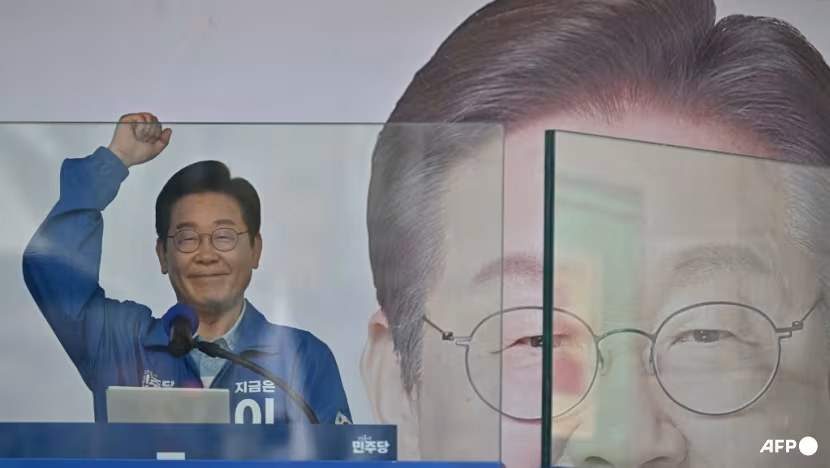Introduction: A Shocking Political Turnaround
Lee Jae-myung, the liberal torchbearer of South Korea’s Democratic Party, is poised for a stunning political comeback. Despite surviving an assassination attempt, enduring criminal charges, and resisting a brief period of martial law, Lee now leads in polls ahead of the June 3, 2025, South Korea election. The political storm following Yoon Suk Yeol’s ousting has cleared the path for Lee’s return to the presidency he narrowly lost in 2022.
The Martial Law Crisis That Reversed the Political Tide
In December 2024, former President Yoon Suk Yeol invoked martial law to suppress opposition protests. His actions, including an attempt to detain lawmakers, were met with fierce resistance—led most dramatically by Lee Jae-myung, who scaled the National Assembly walls to rally support. That bold defiance, live-streamed to the nation, was instrumental in galvanizing public sentiment and led to Yoon’s removal by the Constitutional Court.
From Knife Attack Survivor to Frontrunner
Lee’s campaign trail has been anything but ordinary. In January 2024, he survived a knife attack that threatened his life and political future. But the “gladiator in a suit,” as his advisers describe him, returned stronger—now commanding overwhelming support in the run-up to the snap election.
Key Policy Shifts and Diplomatic Implications
If elected, Lee promises a softer stance on North Korea—potentially aligning with U.S. President Donald Trump’s renewed engagement strategy. While seeking warmer ties with China and Russia, Lee’s diplomatic agenda could challenge Washington’s expectations, especially regarding tariffs and defense cooperation. Economically, his proposals now favor pro-business reforms, such as inheritance tax reform, corporate incentives, and flexible work regulations, reflecting a strategic pivot to court centrist voters.
Legal Challenges That Nearly Ended His Candidacy
Lee’s presidential run was almost derailed by a slew of legal cases. In late 2023, he was convicted for violating election laws, but an appeals court overturned the decision. While South Korea’s Supreme Court reinstated the conviction, the final sentencing was deferred—allowing Lee to remain eligible. Ongoing investigations into a $1 billion property development scandal and alleged unauthorized funds to North Korea continue, but none have led to disqualification so far.
South Korea’s Divided Electorate Looks Ahead
Lee’s narrative—from child laborer and factory worker to human rights lawyer and gubernatorial leader—resonates in a nation grappling with economic disparity and political fatigue. His populist, anti-establishment image may be just what South Korea needs in a period of uncertainty. But questions remain: Can Lee mend South Korea’s deep ideological divides? Will his global diplomacy bring stability or friction?
Conclusion: Democracy on the Brink of a New Chapter
The June 3, 2025 election is more than a political contest—it’s a referendum on South Korea’s democratic resilience. Lee Jae-myung’s comeback symbolizes a nation’s complex relationship with reform, justice, and leadership. Whether he wins or loses, his campaign has already reshaped the future of Korean politics.
Explore more: Read about South Korea’s economic transformation in 2025 and how global elections are reshaping diplomacy.


